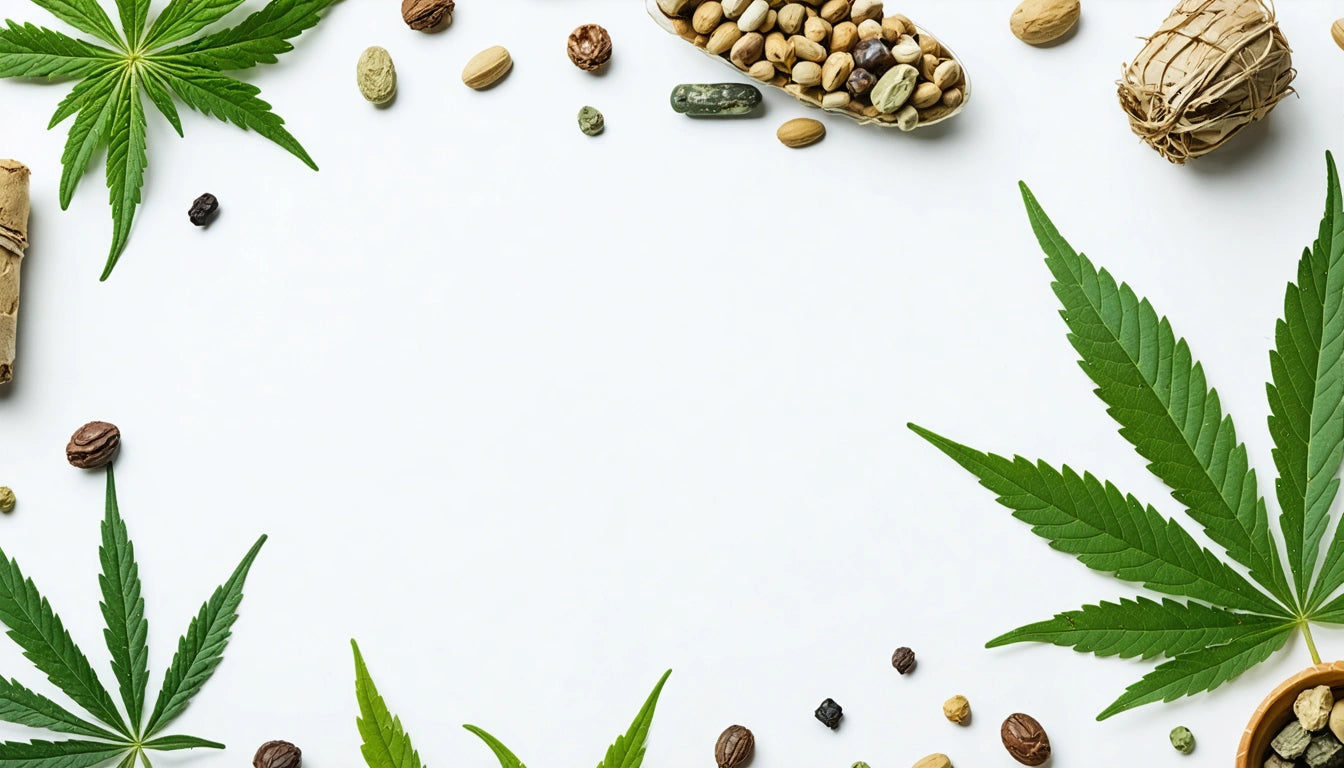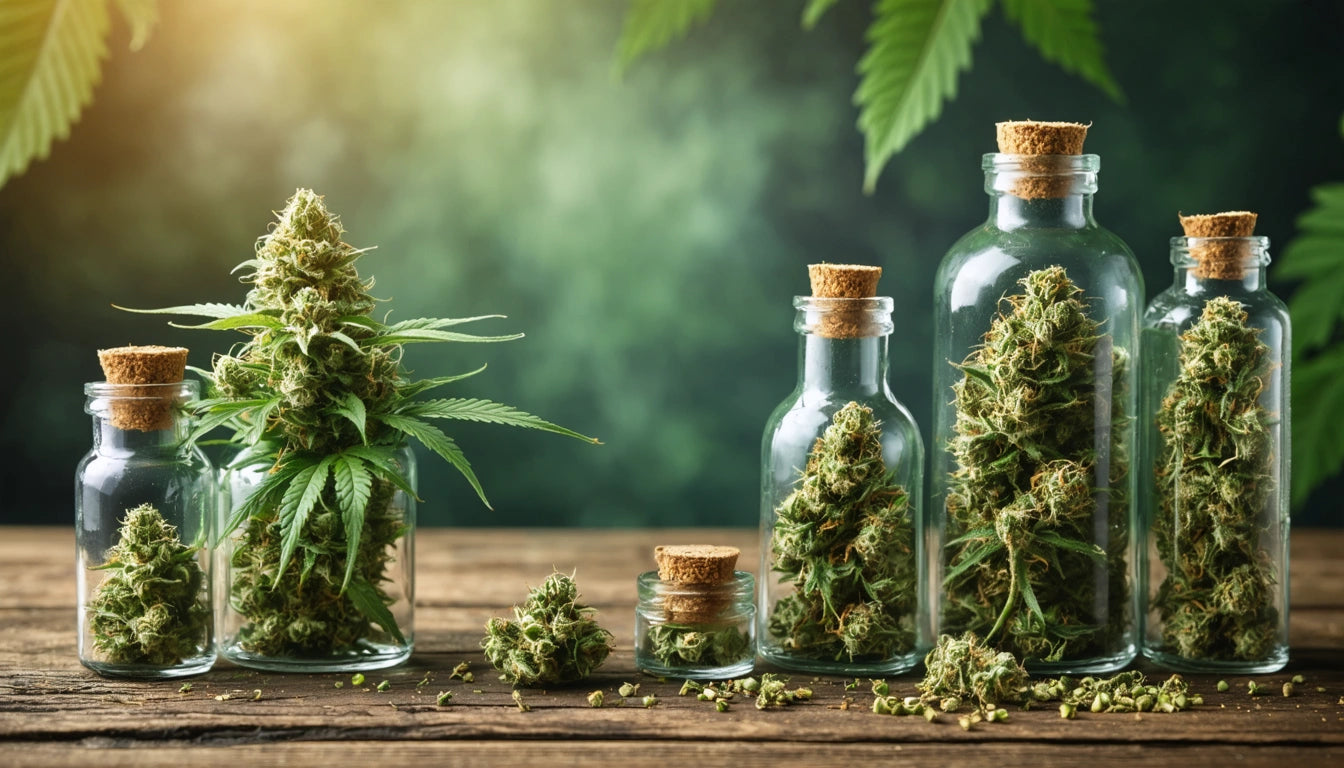Is It Safe to Smoke Weed After Surgery and Anesthesia?
Many cannabis users wonder about the safety of resuming consumption after medical procedures. Questions like "can I smoke weed after surgery with anesthesia" or "what happens if you smoke weed after being on anesthesia" are common concerns for patients who regularly use cannabis. This guide explores the medical considerations, potential risks, and safer alternatives for those considering cannabis use during post-surgical recovery.
Understanding Post-Surgical Recovery and Cannabis
After surgery, your body enters a complex healing process that requires optimal conditions. Anesthesia medications linger in your system for hours or days, depending on the type used and individual factors like metabolism, weight, and age. During this period, introducing additional substances like cannabis can potentially interfere with recovery.
According to medical professionals, the primary concerns about smoking after surgery include:
- Respiratory complications from inhaled smoke
- Potential drug interactions with anesthesia and pain medications
- Cardiovascular effects that may impact healing
- Cognitive impairment affecting post-operative instructions
Understanding when to stop smoking before surgery is well-established in medical literature, but guidance on post-operative use remains less definitive.
Risks of Smoking Weed After Anesthesia
Respiratory Complications
The act of smoking itself, regardless of substance, poses significant risks after surgery. Inhaling smoke can irritate the lungs and airways, potentially leading to coughing that strains incision sites. For procedures involving the respiratory system, this risk is particularly pronounced.
Research indicates that smoking can reduce oxygen levels in the blood, which are crucial for wound healing. This concern applies to both tobacco and cannabis smoke, as both contain combustion byproducts that can impair lung function.
Drug Interactions
Determining when it's safe to smoke after surgery involves understanding how cannabis compounds interact with medications. THC and CBD can affect how your liver metabolizes certain drugs, potentially increasing or decreasing their effectiveness.
Anesthesia medications may remain in your system for up to 24 hours, creating a window where interactions are possible. Pain medications prescribed post-surgery may also interact with cannabis, potentially increasing sedation to dangerous levels.
Timing Considerations: When Can You Safely Resume?
The timeline for safely reintroducing cannabis after surgery varies based on several factors:
- Type and complexity of surgery performed
- Anesthesia methods used (general vs. local)
- Individual health factors and recovery progress
- Medications prescribed during recovery
Most medical professionals recommend waiting at least 24-48 hours after anesthesia before considering any cannabis use. For major surgeries, this window extends significantly, often to one week or more. Patients should always prioritize their surgeon's specific recommendations, as they consider your unique medical situation.
For procedures like endoscopies that involve sedation rather than full anesthesia, specific guidelines exist that may allow for earlier resumption of normal activities.
Cannabis for Post-Surgical Pain Management
Many patients ask "can you smoke weed after surgery for pain?" while seeking alternatives to prescription painkillers. Cannabis does have documented analgesic properties that might help manage post-surgical discomfort, but the method of consumption becomes critically important.
The endocannabinoid system interacts with pain signaling pathways, potentially offering relief for some patients. However, the risks of smoking during recovery generally outweigh these benefits, particularly in the immediate post-operative period.
For those seeking to incorporate cannabis into their pain management plan, consultation with healthcare providers is essential. Some surgeons work with pain specialists who can help integrate cannabis safely into a comprehensive approach.
Safer Alternatives to Smoking After Surgery
If you're considering cannabis for recovery, several consumption methods pose fewer risks than smoking:
- Tinctures and oils: Sublingual administration bypasses the respiratory system entirely
- Edibles: Though slower-acting, they avoid lung irritation (proper storage is essential, using secure, child-resistant containers to prevent accidental ingestion)
- Topicals: For incision-site pain, cannabis-infused creams may provide localized relief without systemic effects
- Capsules: Provide consistent dosing without respiratory risks
These alternatives eliminate the respiratory risks associated with smoking while potentially preserving the pain-relieving benefits of cannabis compounds. Patients should start with very low doses of any cannabis product after surgery, as sensitivity may be heightened during recovery.
Understanding how cannabis affects your body becomes particularly important during vulnerable periods like post-surgical recovery.
Patient Recommendations for Responsible Post-Op Cannabis Use
For cannabis users planning surgery, these guidelines can help navigate the recovery period safely:
- Disclose your cannabis use to your surgical team before the procedure
- Follow pre-surgical cannabis cessation guidelines precisely
- Wait at least 24-48 hours after anesthesia before considering any cannabis use
- Choose non-smoking methods if using cannabis during recovery
- Start with significantly lower doses than your pre-surgery routine
- Monitor for adverse effects and discontinue use if complications arise
- Never replace prescribed medications with cannabis without medical consultation
The question "can I smoke weed after anesthesia" ultimately requires individualized consideration. While general guidelines suggest caution and delay, the specific answer depends on your surgery, overall health, and recovery progress.
By prioritizing your surgical recovery and working with healthcare providers, you can make informed decisions about if and when to reintroduce cannabis into your routine. For many patients, temporary abstinence or switching to alternative consumption methods represents the safest approach during the critical healing period.











Leave a comment
All comments are moderated before being published.
This site is protected by hCaptcha and the hCaptcha Privacy Policy and Terms of Service apply.